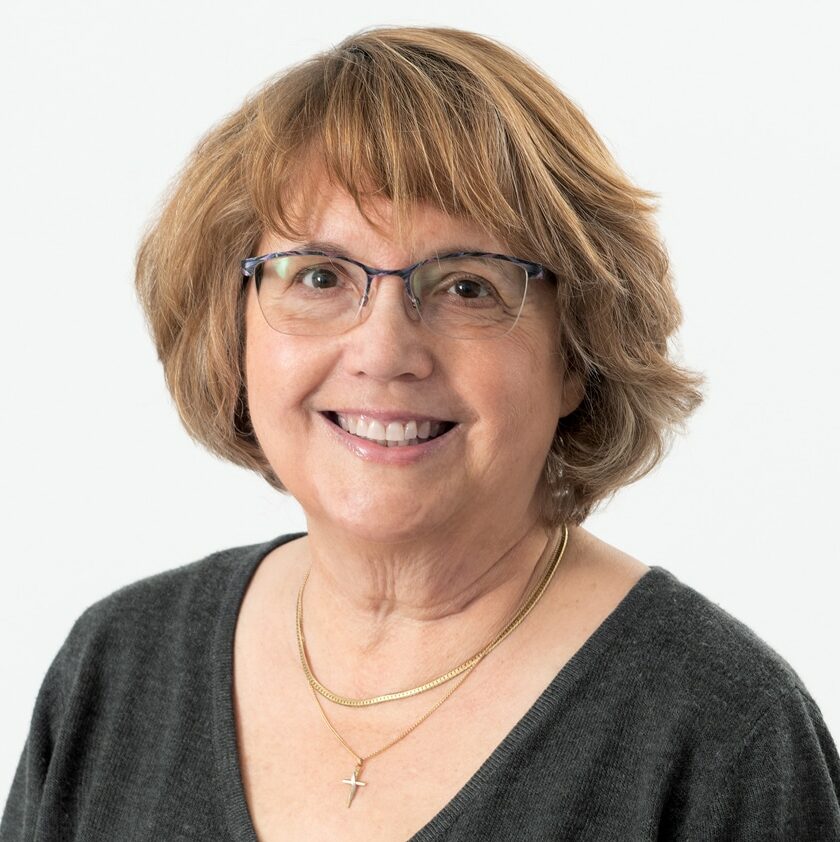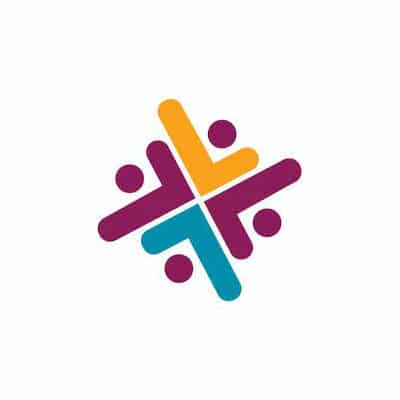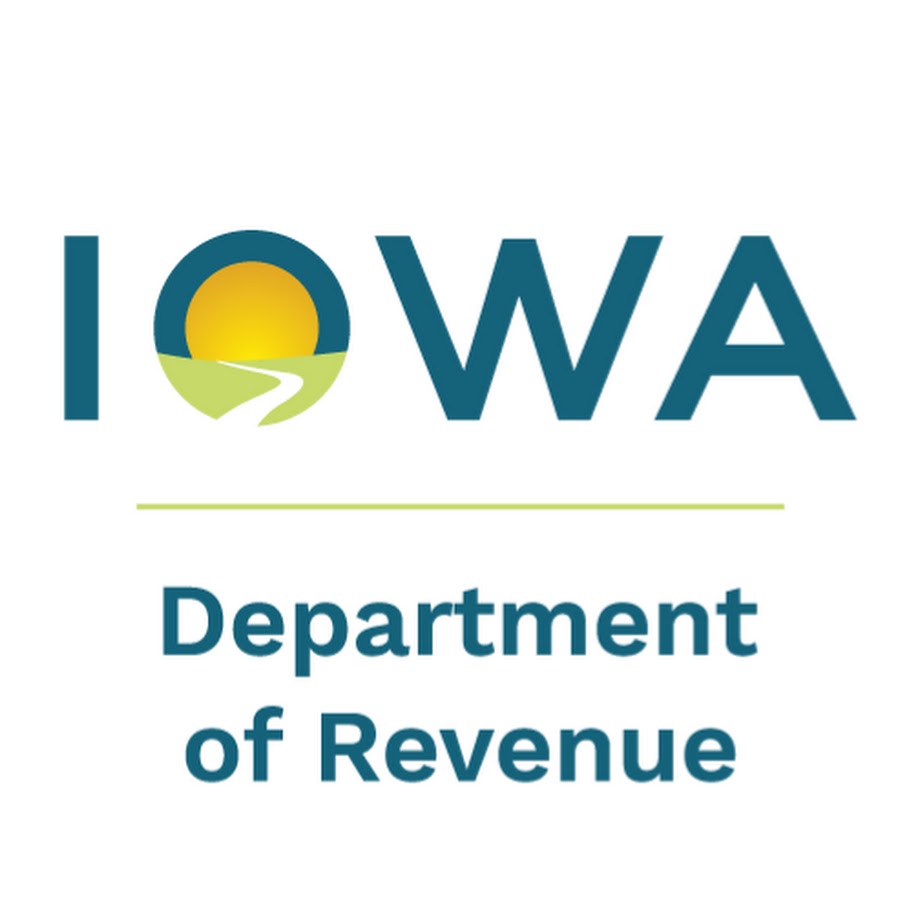Iowa House passes bill regulating crypto ATMs

Kathy A. Bolten May 14, 2025 | 12:02 pm
1 min read time
280 wordsAll Latest News, Banking and Finance, Government Policy and LawA bill that regulates cryptocurrency automatic teller machines has been passed by the Iowa House and is now headed to Gov. Kim Reynolds for her consideration.
The Iowa House this week passed Senate File 449 on a 77-12 vote. The Iowa Senate approved the measure in late March.
Crypto automatic teller machines allow consumers to use cash or a debit card to buy or sell cryptocurrency such as bitcoin. The machines can be found in grocery and convenience stores, bars and shopping malls and have largely been unregulated in Iowa.
Scammers use the machines to get unsuspecting consumers to “protect” their savings by depositing cash into the machine, according to the Federal Trade Commission. Instead of being converted into a cryptocurrency, the money is deposited in the scammers’ bank account.
During the first six months of 2024, fraud losses to bitcoin teller machines exceeded $65 million, according to the commission.
“This legislation is a major victory in the ever-changing landscape of fraud tactics scammers are using to steal millions from well-meaning Iowans,” AARP Iowa State Director Michael Wagler said in a prepared statement. “These enhanced protections against cryptocurrency fraud will help safeguard Iowans from financial exploitation.”
The legislation would limit transactions at a crypto ATM to $1,000 a day. It would also cap transaction fees and require crypto ATM operators to post notices warning consumers about the risks of fraud.
Lobbyists for Community Bankers of Iowa, Iowa Bankers Association, Fareway Stores Inc., AARP Iowa and Iowa State Sheriffs’ & Deputies’ Association registered in support of the legislation. Lobbyists for Bitcoin Depot Operating LLC and Coinflip opposed the bill.
RELATED ARTICLE: Bill in Iowa Legislature would crack down on crypto ATM fraud

Kathy A. Bolten
Kathy A. Bolten is a senior staff writer at Business Record. She covers real estate and development, workforce development, education, banking and finance, and housing.










